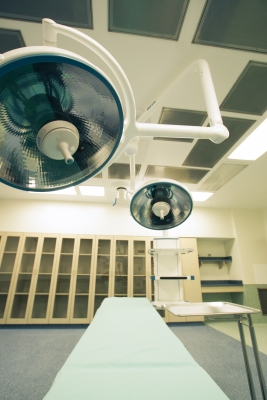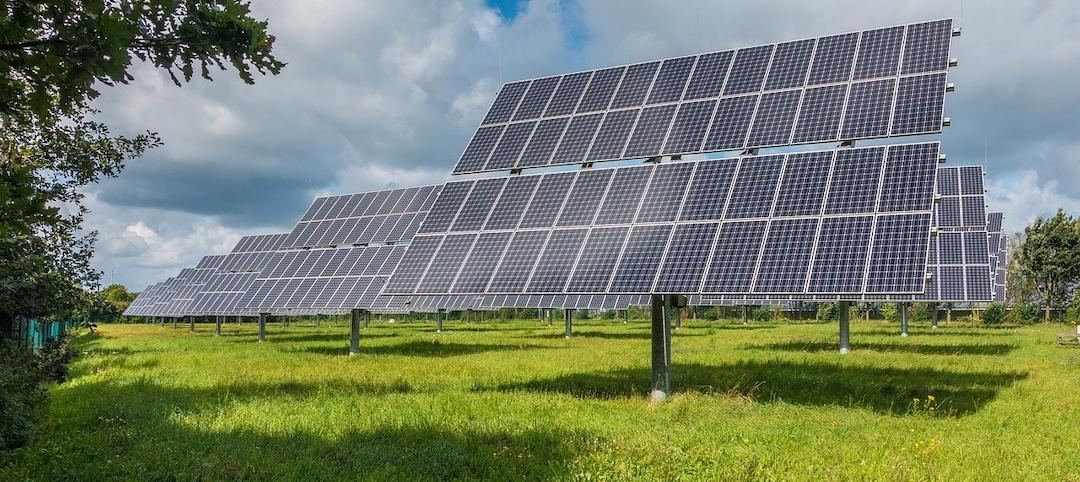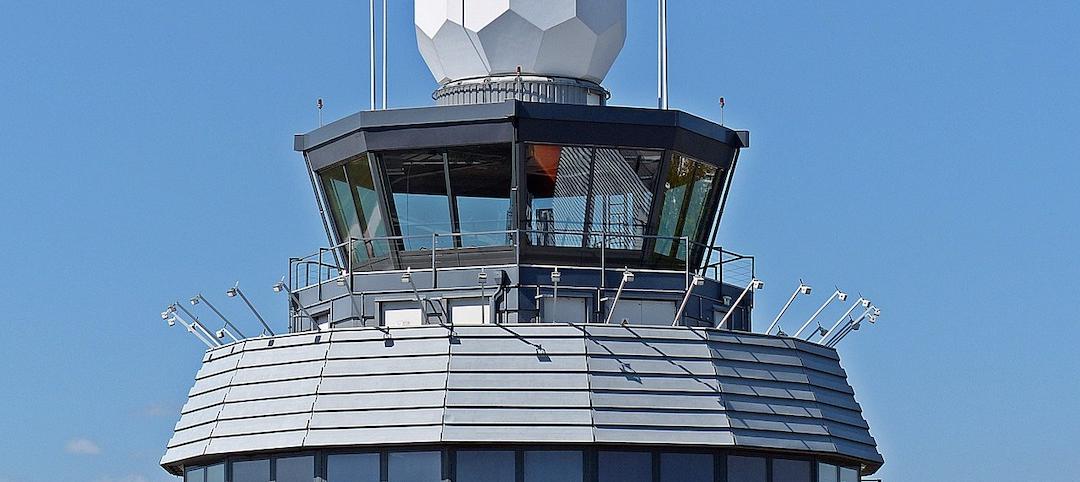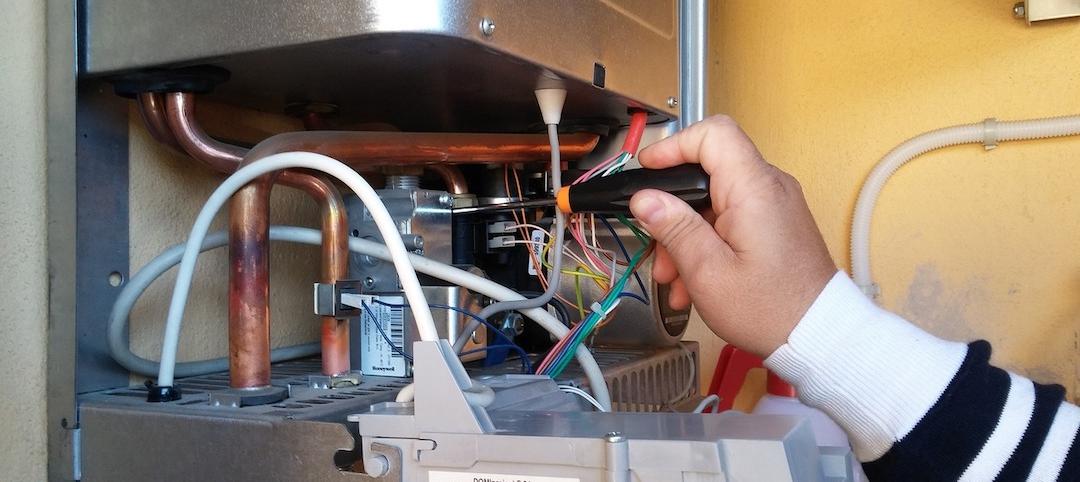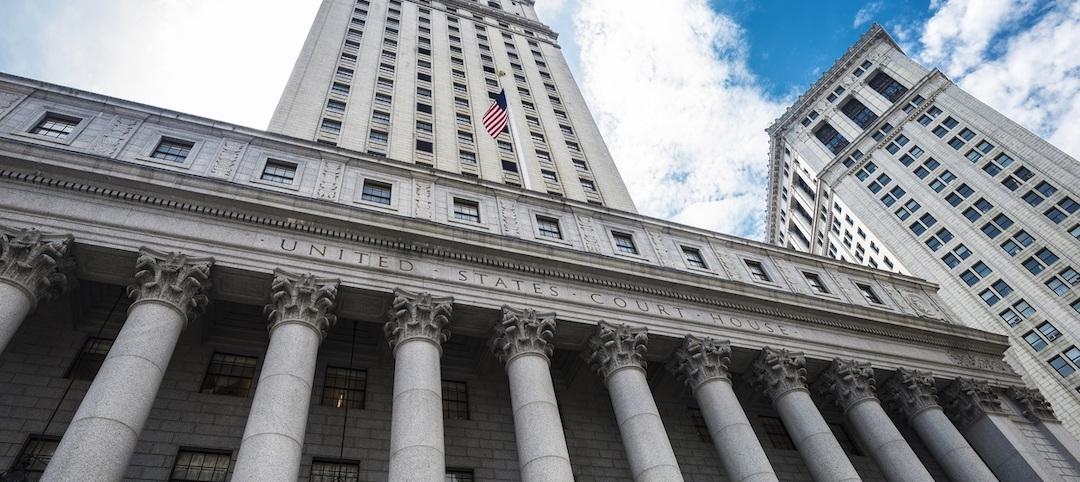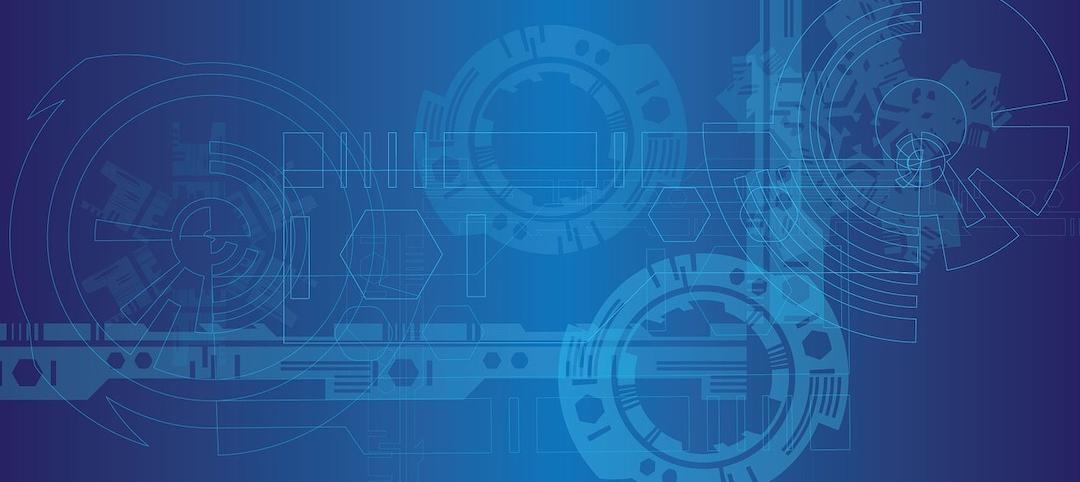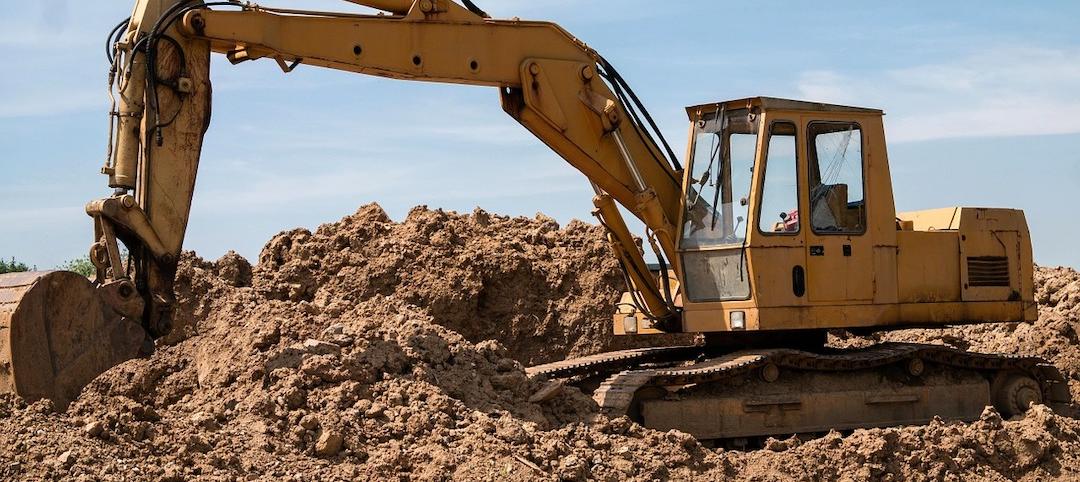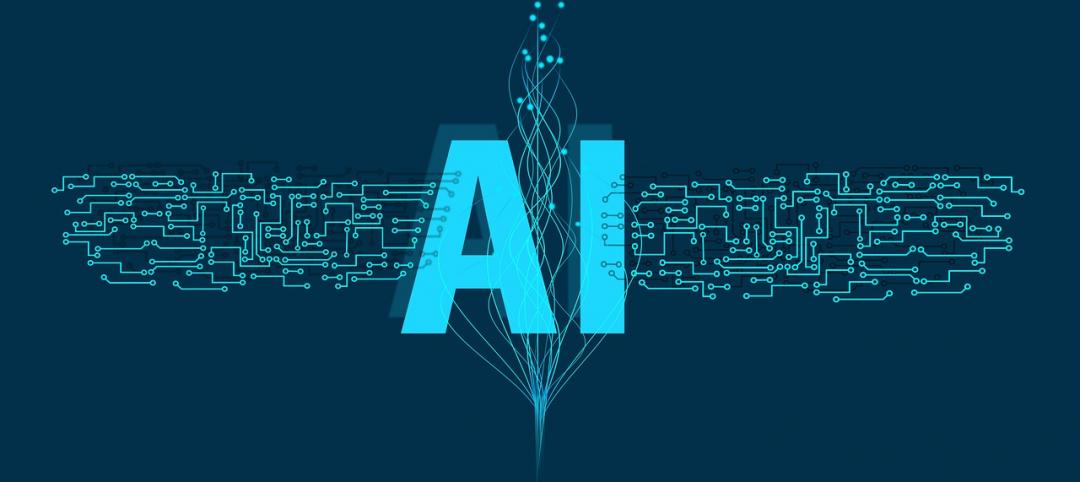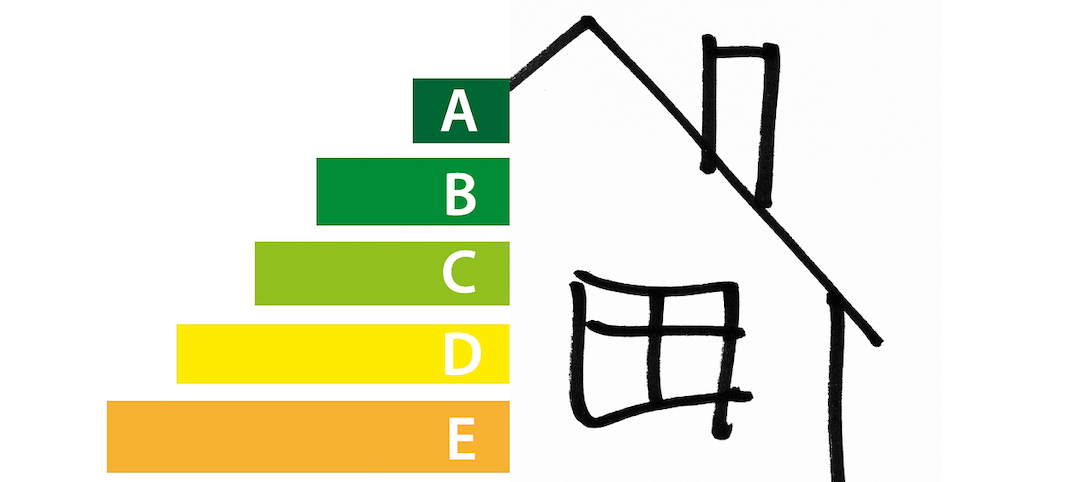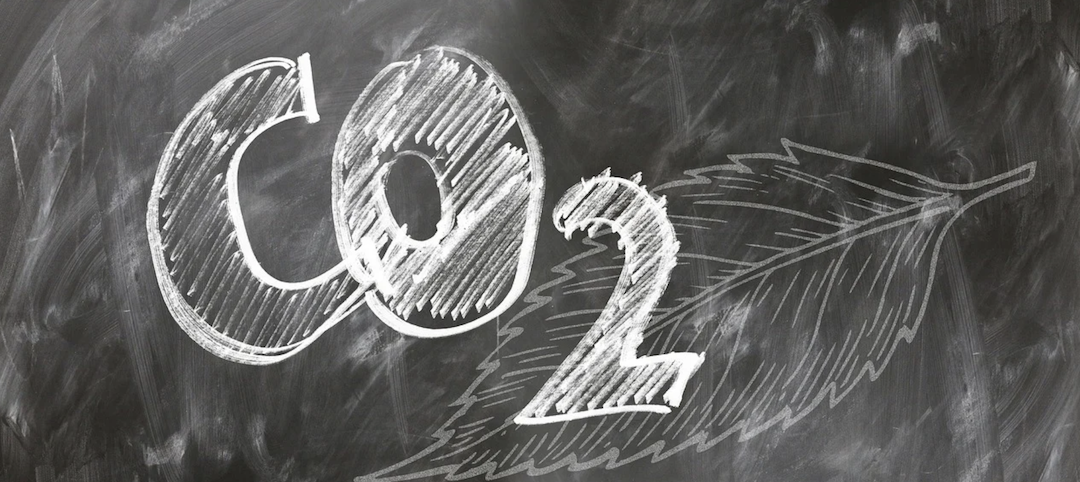The Centers for Medicare & Medicaid Services (CMS), an agency of the U.S. Department of Health and Human Services, published proposed rules this spring that would amend the fire safety standards for hospitals, long-term care facilities, ambulatory surgery centers, hospice inpatient, and many other healthcare facilities that participate in Medicare and Medicaid programs.
CMS proposed adopting the 2012 editions of the Life Safety Code, which includes measures devised by the National Fire Protection Association, and includes the Healthcare Facilities Code. A key change is a requirement that buildings over 75 feet tall have sprinkler systems throughout the structure. Existing buildings would have 12 years to install them.
Automatic sprinkler systems will be required in all habitable areas, closets, roofed porches, balconies, and decks of new residential health care facilities. CMS also strongly encouraged existing facilities to be sprinklered in all habitable areas. Under the new provisions, sprinklers also must be installed in attics of new and existing residential facilities if the attic is used for living purposes, storage, or the housing of fuel-fired equipment. Or, it must have a heat detection system, be of noncombustible construction, or be constructed of fire retardant treated-wood.
Newly-constructed facilities would have to install approved smoke alarms inside every sleeping room, outside every sleeping area, and on all levels within a residential unit. CMS is soliciting public comment regarding whether that requirement should be applied to existing facilities, as well.
(http://www.jdsupra.com/legalnews/new-federal-health-care-facility-regulat-93481/)
Related Stories
Codes and Standards | Nov 29, 2021
Ithaca, N.Y., votes to electrify, decarbonize all its buildings
First initiative of its kind in U.S.
Codes and Standards | Nov 29, 2021
FAA seeking design of air traffic control towers of the future
Call for design submissions for safe, efficient structures.
Codes and Standards | Nov 28, 2021
Efficient electric water heaters in multifamily buildings significantly reduce carbon emissions
In buildings with 5+ units, water heating uses more energy than space heating, cooling, or lighting.
Codes and Standards | Nov 23, 2021
New York’s Labor Law Section 240 and how it affects general contractors
The ‘Scaffold Law’ was first enacted by the New York State Legislature in 1885 and is one of the single most-used laws in construction accident cases.
Codes and Standards | Nov 22, 2021
ABC’s Construction Technology Report finds focus on solving operational problems
More than half rely on project management software.
Codes and Standards | Nov 22, 2021
Contractors say 811 utility location system has significant flaws
More than half of firms in survey report damages, near misses because lines were unmarked or marked incorrectly.
Codes and Standards | Nov 19, 2021
Creating net-zero/net-positive buildings is top priority in Green Building Trends 2021 report
Findings also demonstrate compelling business case for building green.
Codes and Standards | Nov 19, 2021
Construction Startup Competition 2021 awards highlight tech innovations
AI-powered software to identify and explain critical issues in construction contracts takes top prize.
Codes and Standards | Nov 18, 2021
Infrastructure bill contains $5 billion for energy efficiency in buildings
Wide range of programs to reduce energy use, improve materials, train workers.
Codes and Standards | Nov 17, 2021
Skanska will provide embodied carbon assessments on all new projects over 53,000 sf
Will use the Embodied Carbon in Construction Calculator it helped create.


